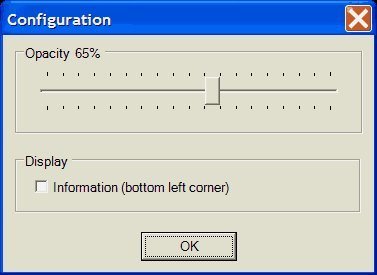
This is how your screen brightness would look if you were to reduce the brightness by 10-20%. Once you set the brightness, you cannot change it easily by right-clicking the notification area program icon. 2] Dimmerĭimmer is another such effective free brightness control software. You can also configure it further to suit your requirements via its Settings. You can also dim or increase screen brightness by using hotkeys Ctrl+- and Ctrl++. You can change the brightness easily in terms of percentage directly from the notification area by right-clicking on the program icon. Looking around a bit, I came across two portable freeware which can help you dim your screen brightness further.įreeware to change the brightness of screens 1] DimScreenĭimScreen lets you dim the whole screen. If you work at night with minimum ambient lighting in the room, it could hurt your eyes. So I thought I had two options now – either get a shaded screen for the laptop or wear shades myself (just kidding) while working on the computer. In spite of having done this, I felt that the screen was too bright and I was getting slight headaches due to regular use. In Windows 10 you can open Settings > System > Display and change the brightness here and also set Night Light if you wish. Normally one clicks the battery icon sitting in the notification area, selects Adjust screen brightness, and then moves the slider to the left to reduce the screen brightness.

You will find the brightness slider there.įeel free to use it to increase or decrease the brightness.ĭim or reduce the brightness of computer screen
In Windows 11, System is a tab instead of a menu. I was finding its screen a bit too bright for my liking, in spite of having reduced its Screen brightness to the minimum via the Power Options.

The best thing about using a Windows computer is that you can customize it or do almost anything – for free.


 0 kommentar(er)
0 kommentar(er)
